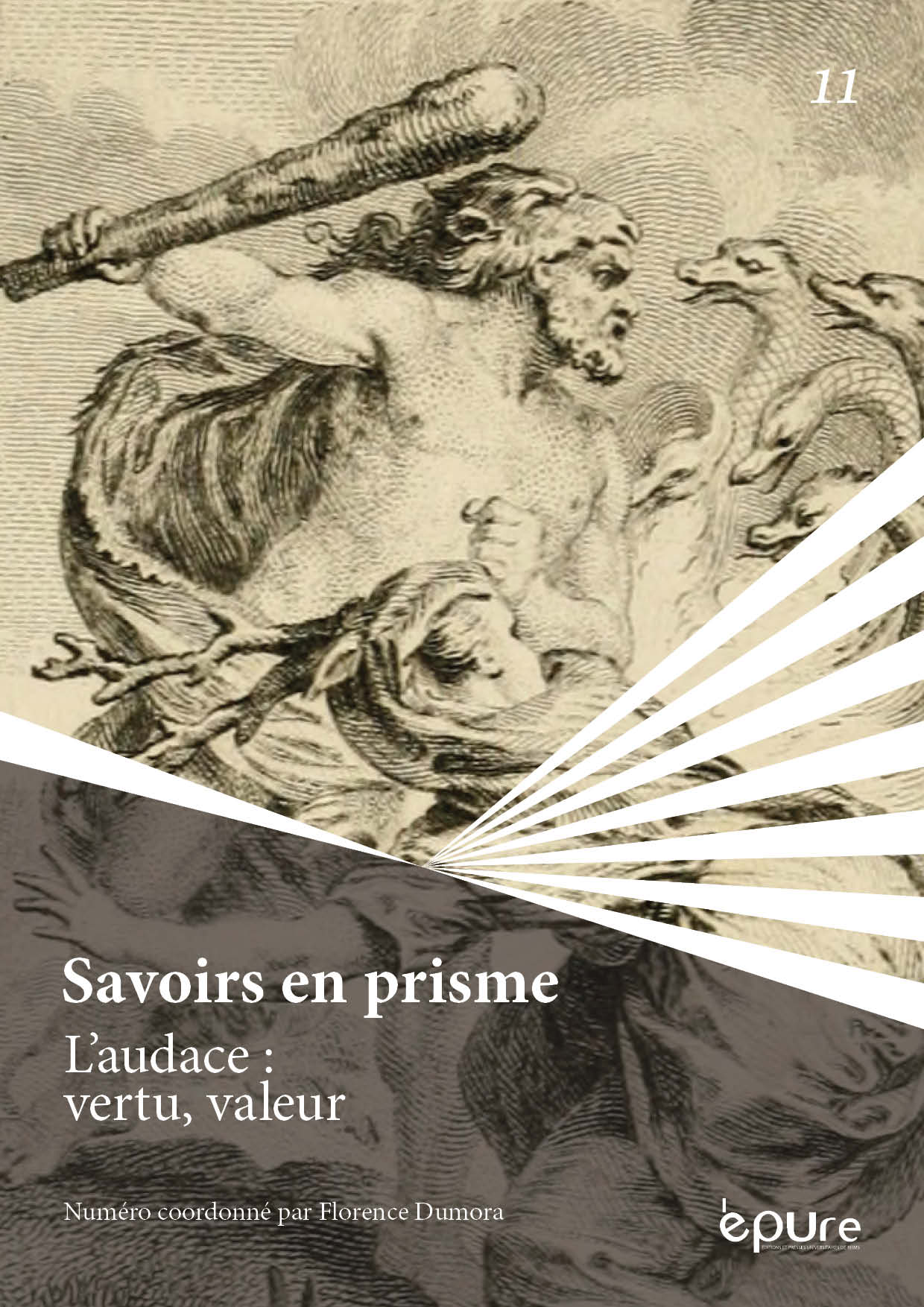Mise en scène et évaluation de l’audace dans l’Iliade (Patrocle, Thersite, Hélène) : le rôle des variations formulaires
Abstract
If audacity is manifested by the deviation from the norm, how could it acquire some legitimacy in the Homeric epics where the gods govern all human behavior and where the formulaic tradition freezes their expression? Audacity seems to be necessarily perceived only as damnable hubris of which Patroclus offers an illuminating example in Iliad XVI: as he fights in the place of Achilles, rushing against the Trojans and exceeding the limits firmly set by Achilles and imposed by the gods, his audacity is punished at once by Apollo and clearly blamed by the poet. Paradoxically however, it is the formulaic tradition itself with its apparent rigidity that gives the poet the poetic means of valorizing certain forms of audacity, of which he exhibits the positive value of emancipation against binding standards or injustice: thanks to a subtle game of gaps and variations in the formulas, the poet directs the reception and the judgment of the listeners when he stages the verbal audacity of certain characters such as Thersite whose misplaced speech allows us to reflect on certain fixed hierarchies, or especially as Helen who, refusing to be locked in a traditional role, contests it by diverting the formulaic expression.
Copyright (c) 2019 Savoirs en prisme

This work is licensed under a Creative Commons Attribution-NonCommercial-ShareAlike 4.0 International License.


